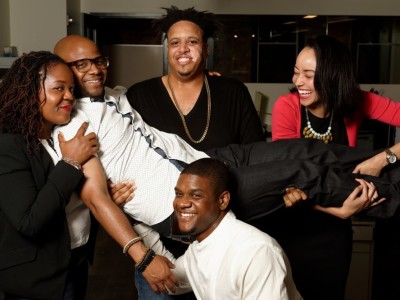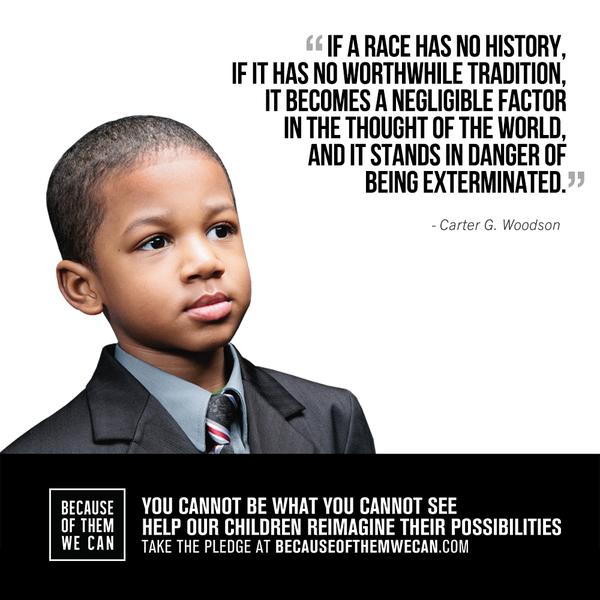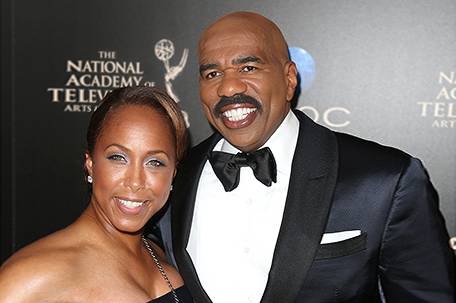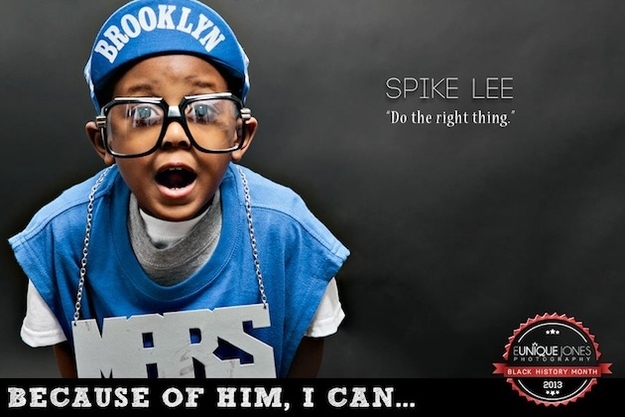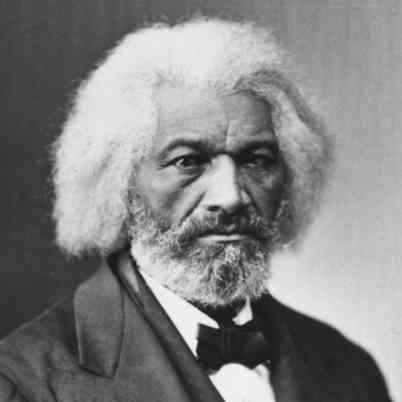 Frederick Douglass was born into slavery on February 1818?, in Tuckahoe, Maryland. In 1838 he fled. After speaking at a 1841 antislavery convention he felt impelled to write his autobiography in 1845. While speaking abroad, Douglass helped to win many supporters for abolition and for humanitarian reform. During the Civil War Douglass became a consultant to President Abraham Lincoln.
Frederick Douglass was born into slavery on February 1818?, in Tuckahoe, Maryland. In 1838 he fled. After speaking at a 1841 antislavery convention he felt impelled to write his autobiography in 1845. While speaking abroad, Douglass helped to win many supporters for abolition and for humanitarian reform. During the Civil War Douglass became a consultant to President Abraham Lincoln.
Frederick Douglass is one of the most eminent human-rights leaders of the 19th century. His oratorical and literary brilliance thrust him into the forefront of the U.S. abolition movement, and he became the first black citizen to hold high rank in the U.S. government.
Separated as an infant from his slave mother (he never knew his white father), Frederick lived with his grandmother on a Maryland plantation until, at age eight, his owner sent him to Baltimore to live as a house servant with the family of Hugh Auld, whose wife defied state law by teaching the boy to read. Auld, however, declared that learning would make him unfit for slavery, and Frederick was forced to continue his education surreptitiously with the aid of schoolboys in the street. Upon the death of his master, he was returned to the plantation as a field hand at 16. Later, he was hired out in Baltimore as a ship caulker. Frederick tried to escape with three others in 1833, but the plot was discovered before they could get away. Five years later, however, he fled to New York City and then to New Bedford, Massachusetts, where he worked as a labourer for three years, eluding slave hunters by changing his surname to Douglass.
At a Nantucket, Massachusetts, antislavery convention in 1841, Douglass was invited to describe his feelings and experiences under slavery. These extemporaneous remarks were so poignant and naturally eloquent that he was unexpectedly catapulted into a new career as agent for the Massachusetts Anti-Slavery Society. From then on, despite heckling and mockery, insult, and violent personal attack, Douglass never flagged in his devotion to the abolitionist cause.
To counter skeptics who doubted that such an articulate spokesman could ever have been a slave, Douglass felt impelled to write his autobiography in 1845, revised and completed in 1882 as Life and Times of Frederick Douglass. Douglass’s account became a classic in American literature as well as a primary source about slavery from the bondsman’s viewpoint. To avoid recapture by his former owner, whose name and location he had given in the narrative, Douglass left on a two-year speaking tour of Great Britain and Ireland. Abroad, Douglass helped to win many new friends for the abolition movement and to cement the bonds of humanitarian reform between the continents.
Douglass returned with funds to purchase his freedom and also to start his own antislavery newspaper, the North Star (later Frederick Douglass’s Paper), which he published from 1847 to 1860 in Rochester, New York. The abolition leader William Lloyd Garrison disagreed with the need for a separate, black-oriented press, and the two men broke over this issue as well as over Douglass’s support of political action to supplement moral suasion. Thus, after 1851 Douglass allied himself with the faction of the movement led by James G. Birney. He did not countenance violence, however,
and specifically counseled against the raid on Harpers Ferry, Virginia (October 1859).
During the Civil War (1861–65) Douglass became a consultant to President Abraham Lincoln, advocating that former slaves be armed for the North and that the war be made a direct confrontation against slavery. Throughout Reconstruction (1865–77), he fought for full civil rights for freedmen and vigorously supported the women’s rights movement.
BCG Celebrates the legacy of Fredrick Douglass on this day in Black History!
Source: Bio


